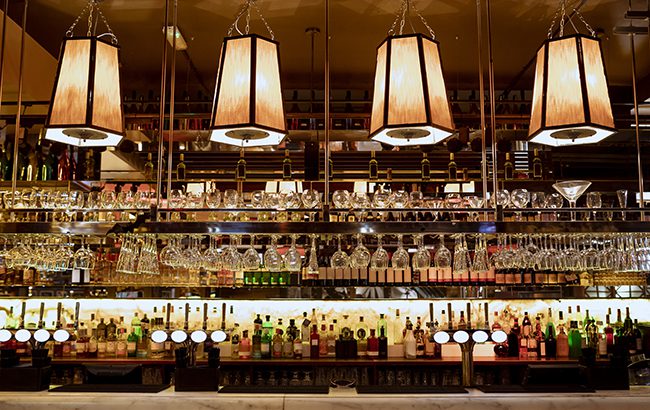The increase in National Insurance (NI) contributions and minimum wage from next April could cost UK hospitality and on-trade businesses a significant sum each year.

The figures were given by Michael Kill, CEO of the Night-Time Industries Association (NTIA), during a webinar hosted by the Institute of Hospitality, called ‘Clearing the Fog Around the 2024 Budget’.
The webinar aimed to provide support and insight for operators following last week’s budget, in which chancellor Rachel Reeves raised business taxes and spirits duty. Her plans have been described as a ‘betrayal’ for Scotch whisky and a ‘blow’ for hospitality.
Kill estimated that the new policies could cost a business between £30,000 (US$38,760) and £150,000 (US$193,820), with the increase in employers’ NI contributions and the National Living Wage the main drivers.
“There is this longstanding battle of the importance of paying staff the right amount of money for what they do,” he explained. “I don’t think anyone in our industry doesn’t want to pay people the best they can to encourage quality, but there has to be a balance of affordability.”
He added that wages are already the biggest cost for an on-trade business, followed by energy, with business rates and rent third.
While it certainly isn’t a silver bullet for the NI increase, Jill Whittaker of HIT Training noted that employers don’t need to pay any NI contributions for apprentices under the age of 25 for the first year of their employment. For those who begin their apprenticeship under the age of 19, employers do not need to pay NI contributions for the duration of their programme.
She added: “I can see a rush to having more people on apprenticeship programmes for that reason, as that is quite a big saving as the rates have gone up.”
On the topic of business rates, Kill revealed he was involved in some “very robust” conversations about the potential of business rates being removed and was asked what solutions would be comparable. The tapering of business rates relief, which was announced to be 40% for hospitality for two years, is “not ideal”, he admitted, and “coupled with some of the tax increases, it’s going to be hugely challenging”.
He believes the increased costs will prompt businesses to restructure and consider cutting shifts: “A lot of the conversations I’ve had are about people re-evaluating what they’re doing in terms of staffing and how they’re going to operate in terms of shifts, which in many respects is counterproductive in terms of getting money back in people’s pockets.”
When asked if these costs were likely to be passed onto consumers, Kill said: “We were looking at an increase in operating costs leading up to the budget anyway, so many have done as much as they can in terms of passing on. If we start to squeeze any further, it’s going to impact the frequency of visits, dwell time and spend. It’s a balancing act.”
He noted that with the increased cost of living, the on-trade is already experiencing decreased spend, with consumers choosing to stock up on alcohol from supermarkets before heading to bars and nightclubs. “They’re going out for a very short period of time and then coming home early. Their dwell time and spend during those experiences are very short.”
In terms of positives for the industry, he pointed to concert venues and competitive socialising bars as “breaking the trend”, with both experiencing increased footfall and spend in comparison with other nightlife businesses.
Related news
